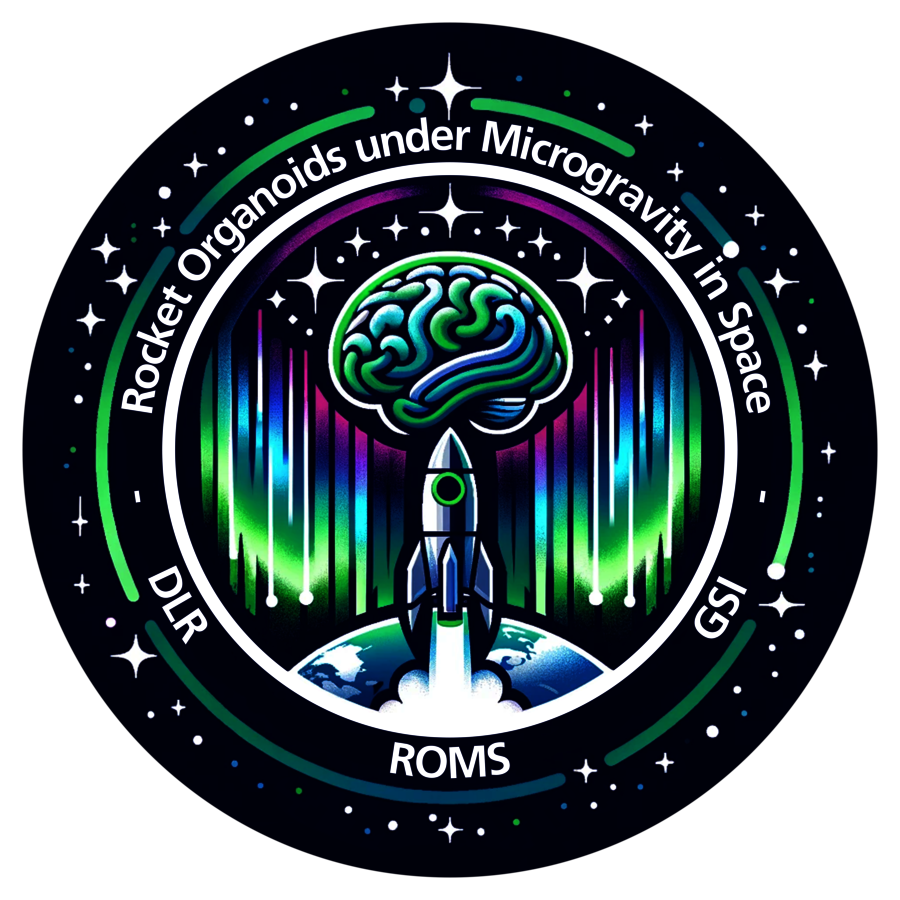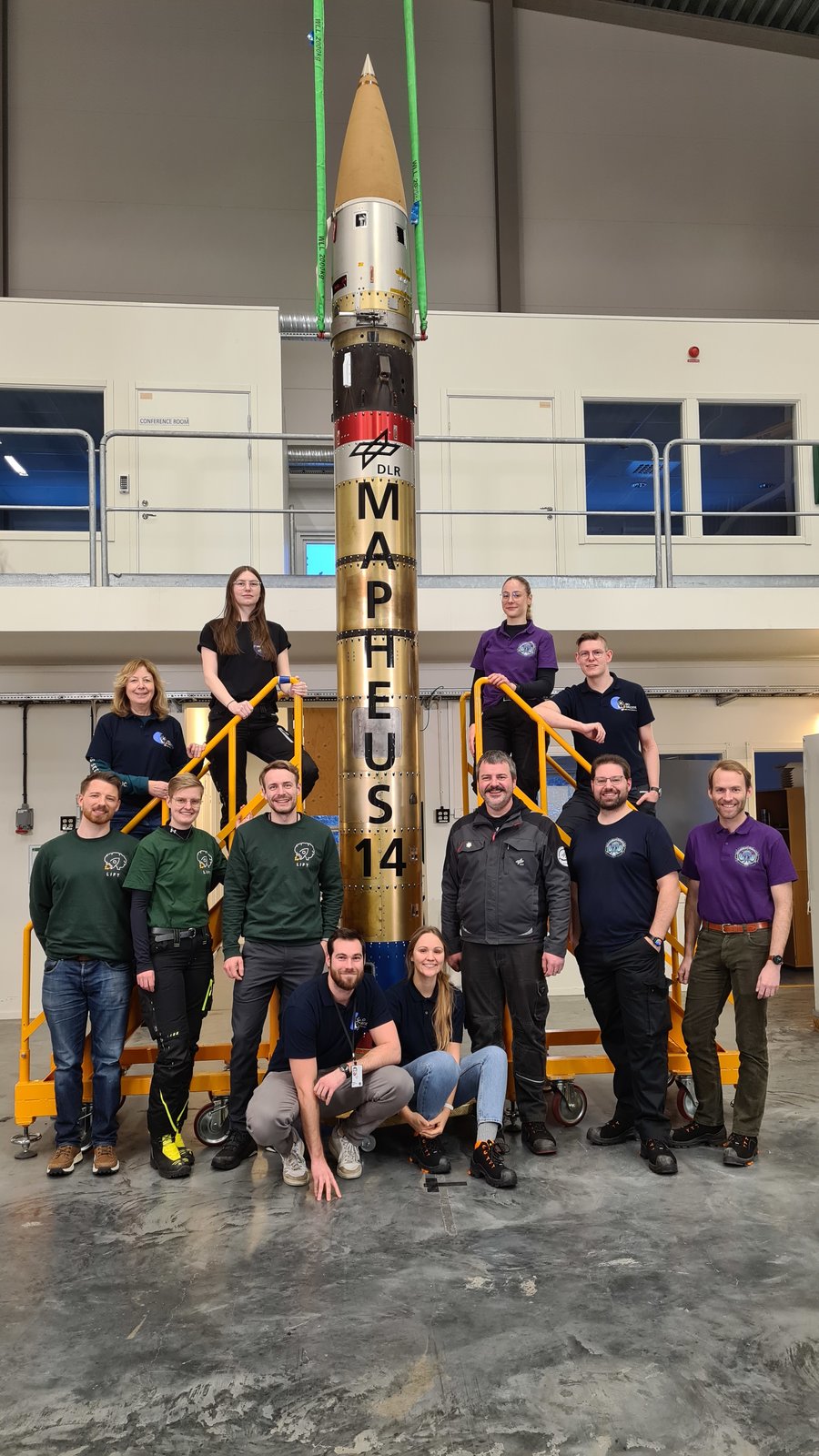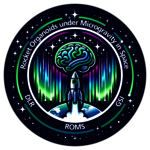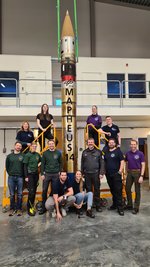How does the brain behave in space? – Successful experiments by GSI/FAIR scientists on unmanned research rocket flight MAPHEUS-14
10.06.2024 |
To study the influence of microgravity and cosmic radiation on the human brain, a research team of GSI/FAIR recently conducted successful experiments in an unmanned spaceflight. The group led by Dr. Insa Schroeder and her PhD student Kim Knorr of the GSI/FAIR Biophysics department succeeded for the first time to send so-called brain organoids to an altitude of 265 kilometers and expose them to real microgravity for around six and a half minutes. The experiment took place in the framework of the research project “Rocket Organoids Under Microgravity In Space” as part of a campaign of 14 scientific experiments organized by the German Aerospace Center (DLR) using the sounding rocket MAPHEUS-14. The flight from the Swedish rocket base ESRANGE was a complete success. The study of radiation effects in space is one of the core research subjects of the GSI/FAIR biophysics program.
For astronauts on long-term missions, both space radiation and microgravity are a potential threat to their health and performance, as both conditions can lead to changes in the brain’s neuronal networks and to cognitive impairments similar to those occurring in patients with depression and other neuropsychological disorders. To investigate the changes in the brain under microgravity and space radiation, researchers at GSI/FAIR’s Biophysics Department are using brain organoids, testing them under simulated space conditions. These organoids are produced from human stem cells and, although they do not represent a fully developed brain, they can mimic the architecture and specific function of the brain in parts and are therefore a valuable research model.
“The mission serves to gain initial knowledge after a short time in real microgravity and some changes in the gene expression of the brain organoids are already expected. We have also gained valuable experience with regard to the cultivation, procedure and logistics underlying such an experiment,” says Dr. Schroeder. The complex organoids survived the transport to Sweden, the rocket flight and the subsequent recovery with flying colors and are currently being examined for cellular changes.
The infrastructure necessary for success was developed in cooperation with the Department of Gravitational Biology under PD Dr. Ruth Hemmersbach and Dr. Christian Liemersdorf and the engineers Sebastian Feles and Ilse Holbeck from the DLR Institute of Aerospace Medicine. In the future, the brain organoids are expected be used in a long-term experiment on the International Space Station (ISS) to gain further insights into how the brain changes under real space conditions. In collaboration with Professor Dr. Sherif El Sheikh from the Technical University of Cologne, new substances are also being tested to protect the brain's neuronal network. These findings may not only help future astronauts, but also patients suffering from depression or other neuropsychological disorders. (CP)















